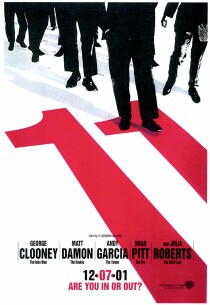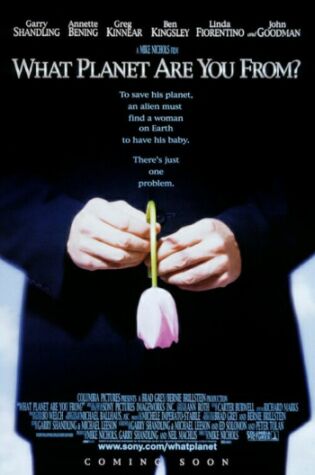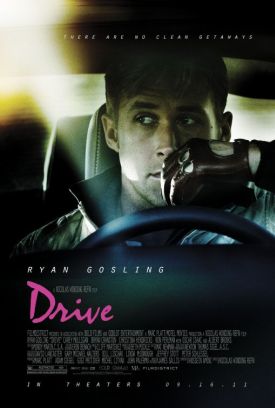Ocean’s Eleven
As the movie came out over 40 years ago, I hope readers will forgive me if I
reveal the ending of the original Ocean’s Eleven (1960), directed
by Lewis Milestone and starring Frank Sinatra, Dean Martin, Sammy Davis Jr,
Peter Lawford, Joey Bishop and others who made up the famous Rat Pack. Having
successfully robbed five Las Vegas casinos on New Year’s eve by putting
their commando training to use, Sinatra’s Danny Ocean and his gang of
eleven army buddies, all former paratroopers, conspire to smuggle the money out
of town by hiding it in the coffin of one of their number who died (of natural
causes) during the operation. But when his widow arrives in Vegas to arrange for
shipment of the body back to San Francisco, she is persuaded by a compassionate
local official to save the cost of transport by arranging for a funeral, with
full military honors, on the spot. As his buddies listen to a eulogy based on
the 23rd Psalm, one of them whispers to a neighbor,
“What’s that noise?”
“Don’t you know? The deceased is being cremated.”
The surviving ten look at each other in horror and then settle down to listen
to the rest of the sermon. The final scene shows them walking out into the
bright sunshine of the Las Vegas strip.
I doubt if anyone would nowadays consider Ocean’s Eleven a great
movie. It was an early harbinger of the Rat Pack’s self-indulgence that
would eventually wreck the careers and lives of every one of its members save
Sinatra. But at least they knew how a movie ought to end. It is true there was
still at the time (just about) the Hays Code, whose first principle was that
“No picture shall be produced that will lower the moral standards of those
who see it. Hence the sympathy of the audience should never be thrown to the
side of crime, wrongdoing, evil or sin.”
Of course this commandment was routinely broken by the best of the films
noirs of the 40s and 50s, but even they did not have the temerity to show
criminals profiting from their crime. Not because, I believe, their producers
feared prosecution but because this was merely a codification of what everybody
knew anyway, which is that it is not the lot of man on earth to get away, by
sheer cleverness, with the fame and the girl and the money. We can all be
successful for a while, but in the end no one gets out alive. To remind us of
this essential fact of the human condition is what art was created for.
But the remake of Ocean’s Eleven is anti-art, a branch of
fantasy or wish-fulfilment for incipient criminals looking for reassurance that
“crime, wrongdoing, evil or sin” can pay off big time. From the very
beginning, Danny Ocean (George Clooney) shows his contempt for the legal system
in whose toils we meet him as he comes before an unseen parole board and is
asked what he will do if his parole is granted. The camera draws in as if
expecting an answer, but there is no answer. Instead, we cut to Danny coming out
of prison, dressed in the tuxedo he obviously went in with, and visiting casinos
in Atlantic City. He meets an old friend called Frank who refuses to answer to
that name but insists he is Ramon (Bernie Mac) and the two meet up later to talk
about a “job” that Danny has in mind. Danny calls his parole officer
to report in and says he hasn’t been drinking (he has) and that he
wouldn’t dream of going out of state — and we cut to Danny in
Hollywood, California, recruiting another member of what is to be a gang of
eleven master criminals for the big “job.”
All this is so familiar that the cast could hardly look as if it were doing
anything but going through the motions even if it tried. And it doesn’t
try very hard. The job turns out to be insanely difficult, which in movie terms
means that it is insanely easy. In other words, no movie criminals ever pull any
job that is not insanely difficult, which tells us that the director
(Steven Soderbergh) and the writer (Ted Griffin) are pulling the cinematic
equivalent of a convenience store hold-up — a routine knocking off of
three casinos simultaneously and in spite of security that makes that which
protects nuclear missile launchers look trivial. It’s the kind of thing
that movie criminals are always pulling off. What are the odds! All this
contributes to the general tedium of the proceedings.
As does the sub-plot in which Danny is attempting to win back his wife, Tess
(Julia Roberts), with whom he is still in love and who is at present —
would you believe it? — the mistress of an arrogant rich guy called Terry
Benedict (Andy Garcia) who just happens to be the owner of the very same three
casinos that Danny is proposing to relieve of $160,000,000 without being
detected. Danny’s sidekick, Rusty (Brad Pitt) asks him if the job is for
the money or if it is “personal.” Rusty does not otherwise appear to
be an idiot, however.
The plot, as you might imagine, turns out to be as ludicrously far-fetched as
the situation, and I see no need to waste any time on it. The real point is that
Danny and the gang, like Gene Hackman in Heist or Bruce Willis and Billy
Bob Thornton in Bandits or Robert Forster in Diamond Men or the
heroes in any of dozens of recent movies, make their big score and live happily
ever after, unpursued either by legally constituted authority or by the
allegedly vengeful and unrelenting rich guy they robbed. And of course Tess
comes with.
Crime pays, if you’re cool enough, which is probably what a significant
number of criminals believe but which anyone less self-deluded will know is a
lie. I think we all ought to be worried that it is apparently such a sweet lie
that our Hollywood fantasy-merchants are filling their own bags of dishonestly obtained swag by telling it again and again. Let us hope that the universe proves itself as just to them as it doubtless would to any real-life Danny foolish enough to believe what he sees in the movies.
Discover more from James Bowman
Subscribe to get the latest posts to your email.








